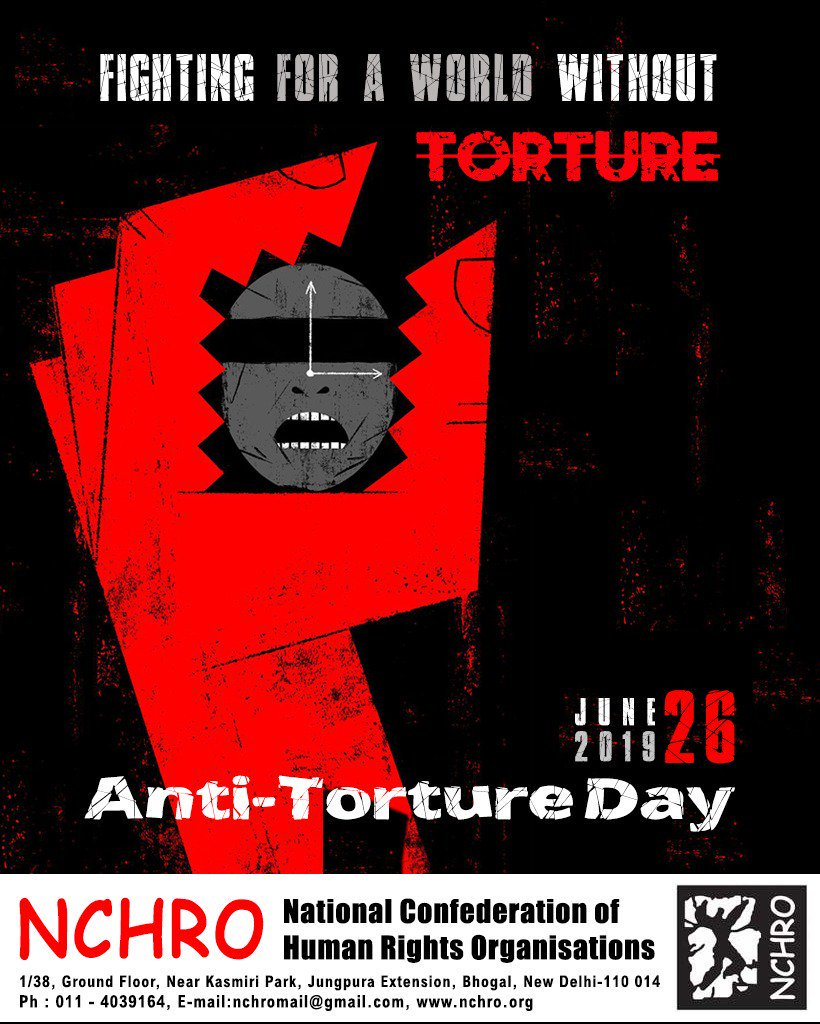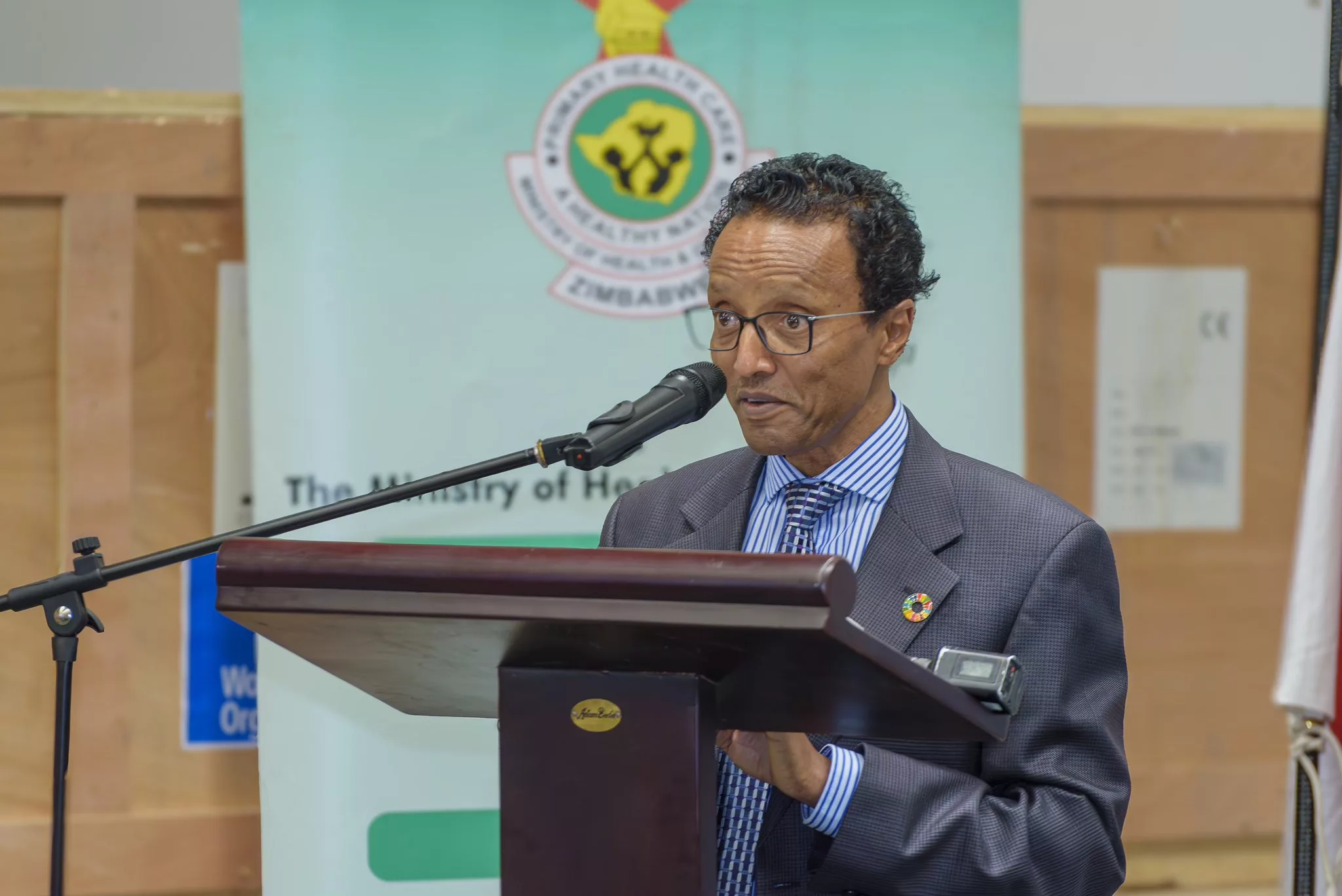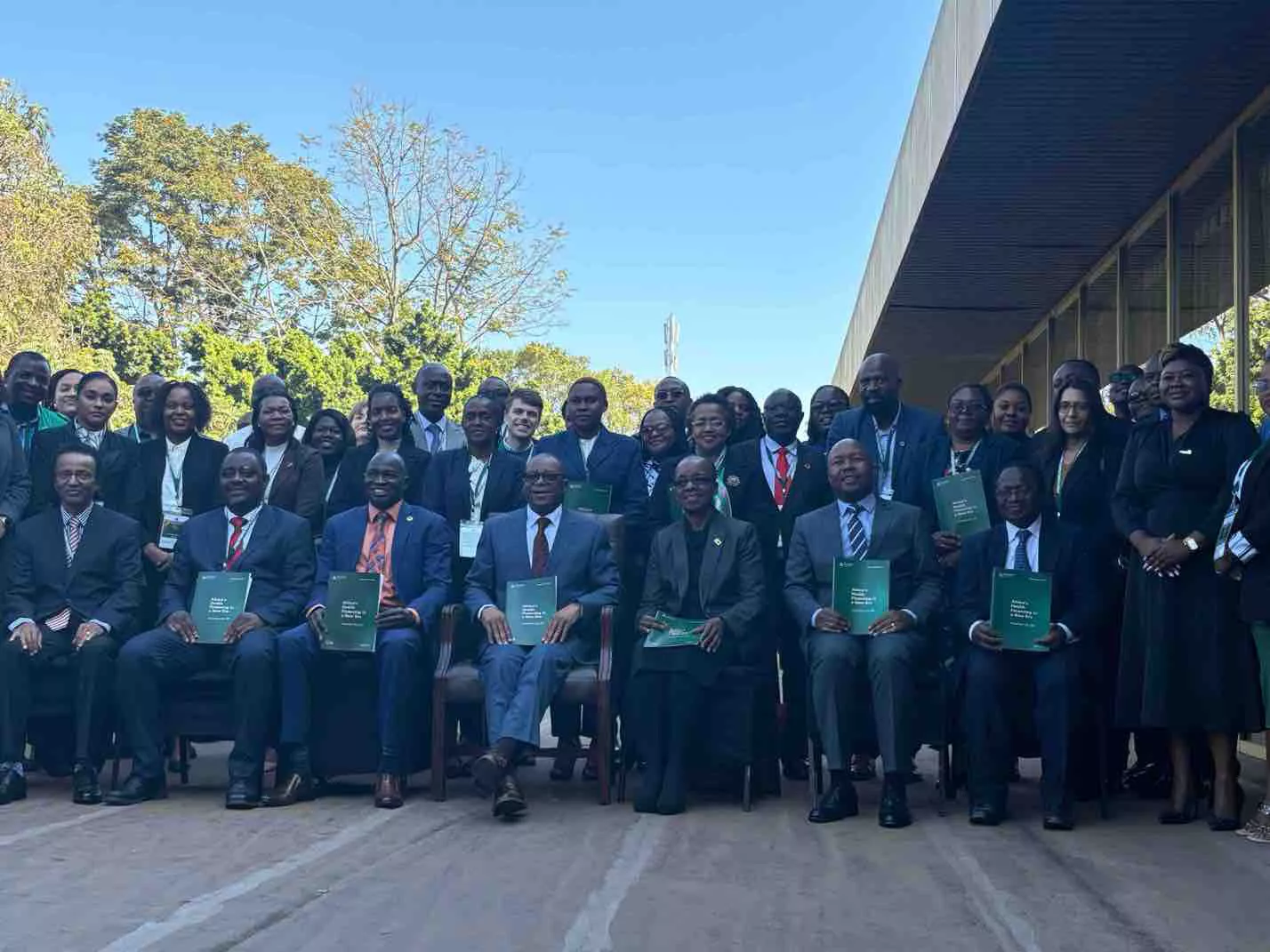By Zimbabwe Lawyers for Human Rights
On the occasion of United Nations International Day in Support of Victims of Torture, Zimbabwe Lawyers for Human Rights (ZLHR) urges government to promptly act to fulfil its past pledges to make torture a criminal offence and take adequate measures to combat this heinous crime.
Commemorated on 26 June every year, International Day in Support of Victims of Torture is dedicated to honour victims and survivors of torture. It is also a reminder for states to take measures such as preventing its occurrence, ensuring compensation to victims and making perpetrators accountable.
On this day, ZLHR stands in solidarity with all those who have been victims and/or survivors of torture, and their families who may have been indirectly affected by the impact of this crime. ZLHR affirms its commitment to continue the fight against torture, other cruel, inhuman, degrading treatment or punishment.
Regrettably, today, the pervasive practice of torture, which is an assault on human dignity, is widely used all over the world with the horrific intention of destroying the individual, physically and psychologically.
ZLHR is encouraged by the role of the judiciary that has ordered perpetrators to pay compensation following litigation to secure redress for a number of victims of torture. The courts have also issued orders to compel government to pay up the monetary awards to victims, in cases of delay.
However, ZLHR is also very concerned by delays in the justice delivery system. Some victims and survivors have waited for many years, for their cases to be heard by the courts.
The Constitution prohibits torture and enshrines the right to freedom from torture or cruel, inhuman or degrading treatment. While the government has also voluntarily committed to criminalise torture during past United Nations Human Rights Council’s Universal Periodic Review Mechanism sessions, it is disheartening that torture is still widespread and impunity persists.
In Zimbabwe, torture has long been a problem and for several years, ZLHR has documented numerous cases in which state security agents have tortured people.
Errant security personnel, who continue to perpetrate torture, should be charged in mainstream courts of law and judicial officers should make these offences punishable by appropriate penalties, which take into account that it is an international crime.
In the notable absence of political will to reform laws and institutions fuelling torture and as an organisation committed to seeking justice for all victims of torture through litigation and other forms of redress, ZLHR calls upon;
• Government to criminalise torture, prosecute all cases of torture, ensure full accountability of all perpetrators and guarantee redress and rehabilitation to victims including taking adequate measures to prevent all forms of torture and inhuman or degrading treatment;
• Government to ratify and domesticate the Convention against Torture, Cruel, Inhuman and Degrading Treatment and its Optional Protocol;
• Government must investigate and prosecute those responsible for torture and other ill-treatment and ensure that all acts of torture are offences under its criminal law;
• Government to honour payment of compensation awards granted by courts in favour of victims and survivors of torture;
• Government must accept the outstanding request for a fact-finding country visit by the United Nations Special Rapporteur on Torture and Other Cruel, Inhuman or Degrading Treatment or Punishment.






